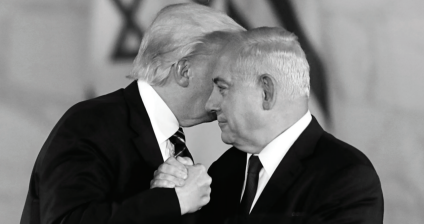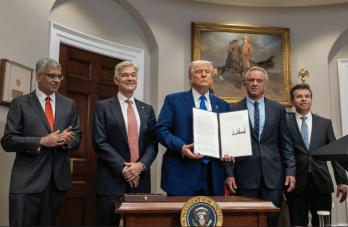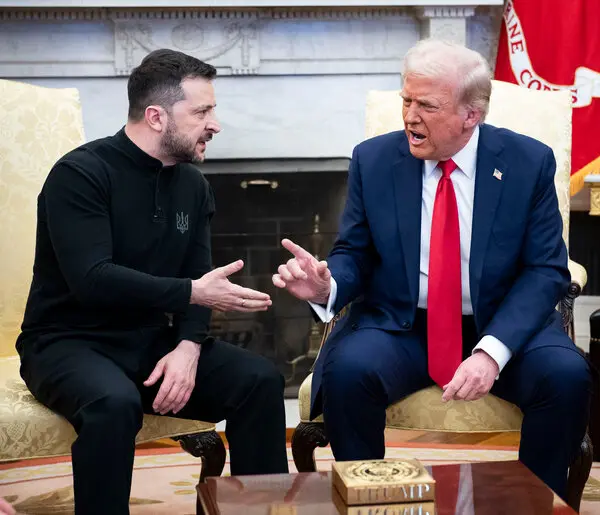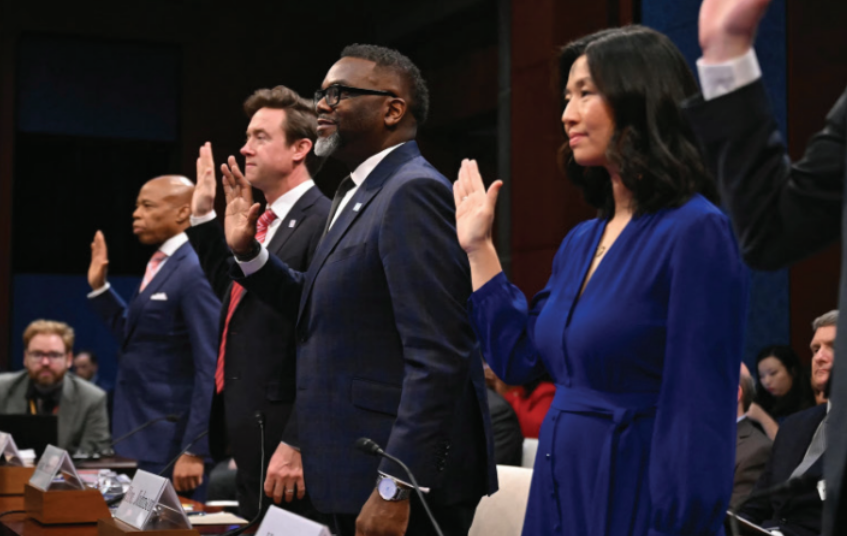
The recent US presidential election resulted in a second victory for Donald Trump, sparking mixed reactions from Middle Eastern leaders and analysts. Some see Trump’s policies as beneficial, mainly concerning Israel and Iran, while others express concern over regional stability. As the 2024 election results roll in, analysts from the Foreign Policy Research Institute predict Trump’s return could dramatically reshape the region’s geopolitical landscape, almost certainly undoing some of the change initiated under President Biden.
Trump’s “America First” policies, notably his hardline stance on Iran, had a profound impact on US relations in the Middle East during his previous term. Sanctions on Iran were designed to cripple its economy and limit its nuclear program. However, critics argue this approach increased regional tensions and bolstered anti-US sentiment. According to Middle East Eye, Iran and Hezbollah have shown little concern about Trump’s return, feeling that his policies already align with their expectations of continued hostility. “We will continue our path whether Trump or Biden is in office,” Iranian officials noted post-election, regarding nuclear advancements and efforts to expand regional influence.
In contrast, Trump’s approach towards Israel included unwavering support, notably through the Abraham Accords, which restored relations between Israel and Arab nations like the United Arab Emirates (UAE) and Bahrain. These agreements were hailed as a win for fostering economic ties, enhancing regional security, and countering Iran’s influence, representing a shift in decades-old Arab-Israeli dynamics.
However, the Trump administration’s stance has been criticized for its transactional structure and for exacerbating tensions in countries like Syria, where reduced US engagement left a power vacuum exploited by Russia and Turkey. Regional leaders are cautious about Trump’s unpredictable foreign policy, with some fearing that his policies could provoke further instability, according to The Guardian. Trump’s open disdain for multilateral engagements and his pivot away from diplomatic solutions could make it more difficult to address complex regional issues.
Reactions from other allies in the Middle East, such as the UAE and Saudi Arabia’s reactions to Trump’s win, have been mixed. While both nations may find solace in Trump’s commitment to countering Iran and upholding security pacts, there are concerns about his approach to Palestinian statehood. Trump’s recognition of Jerusalem as Israel’s capital and his peace plan, seen as biased towards Israel, alienated many Arab leaders. As reported by Khaleej Times, Saudi Arabia remains on alert, questioning whether Trump’s stance will shift towards a more inclusive approach with regard to Palestine or continue the one-sided diplomacy from his first term.
This article also appears in our November 2024 print edition.


















